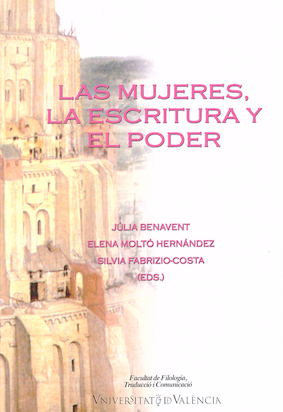Marianna Coffa e il potere del pregiudizio
DOI:
https://doi.org/10.7203/qf-elit.v17i0.3485Keywords:
woman, power, poetry Abstract
Abstract
The story of Mariannina Coffa (1841-1878), the poet of Noto, is little known in the nineteenth-century literature, but it is exemplary to document the immense power that the inflexible moral laws and prejudices of obsolescent anthropological context such as the Sicilian province have about a woman. His love for Ascenso is denied by the family that force her relentlessly to an arranged marriage. Hence the martyrdom of her that was defined not by chance “the blackcap of Noto”. Her verses (Poems, 1855, New songs, 1859), as well as an ardent love for Italy, reflecting the suffering of a sensitive soul who fights against the society that oppresses and that affects their lives, until the disease and to death. But above all they are meaningful Letters to Ascenso preserved at the Biblioteca Comunale di Noto –some published and some unpublished– which are the subject of this specific article.
 Downloads
Downloads
How to Cite
-
Abstract226
Issue
Section
License
 Este obra está bajo una licencia de Creative Commons Reconocimiento-NoComercial-SinObraDerivada 4.0 Internacional.
Este obra está bajo una licencia de Creative Commons Reconocimiento-NoComercial-SinObraDerivada 4.0 Internacional.
Authors who publish with this journal agree to the following terms:
- Authors retain copyright and grant the journal right of first publication with the work simultaneously licensed under a Creative Commons Attribution License that allows others to share the work with an acknowledgement of the work's authorship and initial publication in this journal.
- Authors are able to enter into separate, additional contractual arrangements for the non-exclusive distribution of the journal's published version of the work (e.g., post it to an institutional repository or publish it in a book), with an acknowledgement of its initial publication in this journal.
- Authors are permitted and encouraged to post their work online (e.g., in institutional repositories or on their website) prior to and during the submission process, as it can lead to productive exchanges, as well as earlier and greater citation of published work (See The Effect of Open Access).




